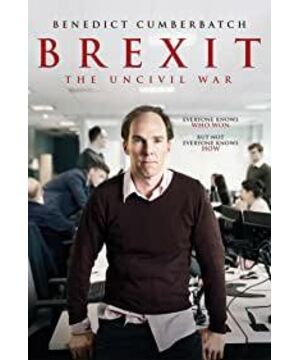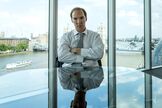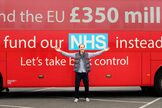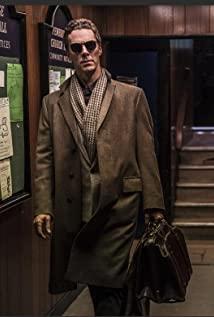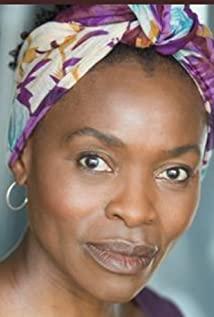1. The translation of "The uncivil war" as "unreasonable war" feels a bit unsatisfactory. "Barbaric war" is probably closer to the theme of the film. The democratic vote in name is civil, but it is actually a political struggle in uncivil. Show the barbarism, hypocrisy, and unscrupulous political struggle.
2. When the male protagonists do market research, they choose places frequently visited by the middle and lower classes such as bars, game halls, and small restaurants. Their insights are more direct, limited, and short, and they are accustomed to the benefits to the EU. , I still have fresh memories of the abuses brought about by the European Union, and I don't know anything about the overall situation. Moreover, in this era of drastic changes, the Three Views can no longer keep up with the changes in society and life. This sense of insecurity and frustration always requires someone to bear the blame, and that is the European Union that has been pushed to the forefront.
3. It is difficult for the broadest middle-class, middle-lower, and lower-class people to unite before the information revolution (except for war). The information age has the technology and ability to organize "rabbit crowds". The costumes of the leaders of the two factions are also very interesting. One is a clean suit and the other is a silk suit, which is like a confrontation between the upper middle class and the lower middle class.
4. "Voters vote with their feet", this is no secret for a long time. The political attitudes of voters will be guided by politicians, but now there is no need for politicians to come forward, just accurate information push after big data analysis. Induce the political attitude of voters. Voters have become easier to be controlled and wooed, and they are more like tools. A very impressive scene was the debate among the representatives of the citizens in the seminar of the Remains. The yellow-haired middle-aged woman said that "I am fed up with nothing and nothing." She pointed the finger at the EU, thinking it was. The European Union made her like this, thinking that Brexit would suddenly make herself valuable. Unfortunately, even after Brexit, she would still be worthless, and she knew nothing about it.
5. After the results of the referendum came out, the carnival of the Brexitists and the loneliness of the Remaining parties seemed to be just the grudge between the two sides of the quarrel, thinking that the result was the end. This referendum is a child's play game. Both the Brexitists and the Remaining Europeans are losers. The real winners are these data scientists. Their experiments succeeded. The broad masses of the people do not know who their opponents are or what they will face in the future, and even politicians do not know that their role in this farce is just the guinea pigs in the laboratory.
6. "A Brief History of the Future" mentioned a point-the most valuable resource in the future is personal data, but now we are letting these giant companies get it for free. From this point of view, the future of us ordinary people is simply too dark—becoming insignificant and at their mercy (more cruel than being exploited is insignificance). A domestic mobile phone brand has an ad that advocates letting go of the Moments of Friends permissions, and it was blown as the most caring. It's oh, it's not enough to be searched by BAT, and it should be mixed? It's almost like the great powers carve up the late Qing Dynasty.
6. Relying on big data technology to change the political landscape is simply a gamble of the century. The British Democratic Election is just a large sample experiment of data scientists, it is simply amazing! Wealth and prestige are not attractive enough in the eyes of these data scientists. What they want is the scarcest resource-the supreme power without any restrictions. This technology may be as powerful as a nuclear explosion.
8. I have a question. Does 51% mean the interests of most people? What is the majority? I think at least 66% can be barely called the benefit of the majority. For this kind of election that was won by a small margin, it should have been aborted.
ps: It is said that Hillary Trump was the same in the US election.
View more about Brexit reviews


